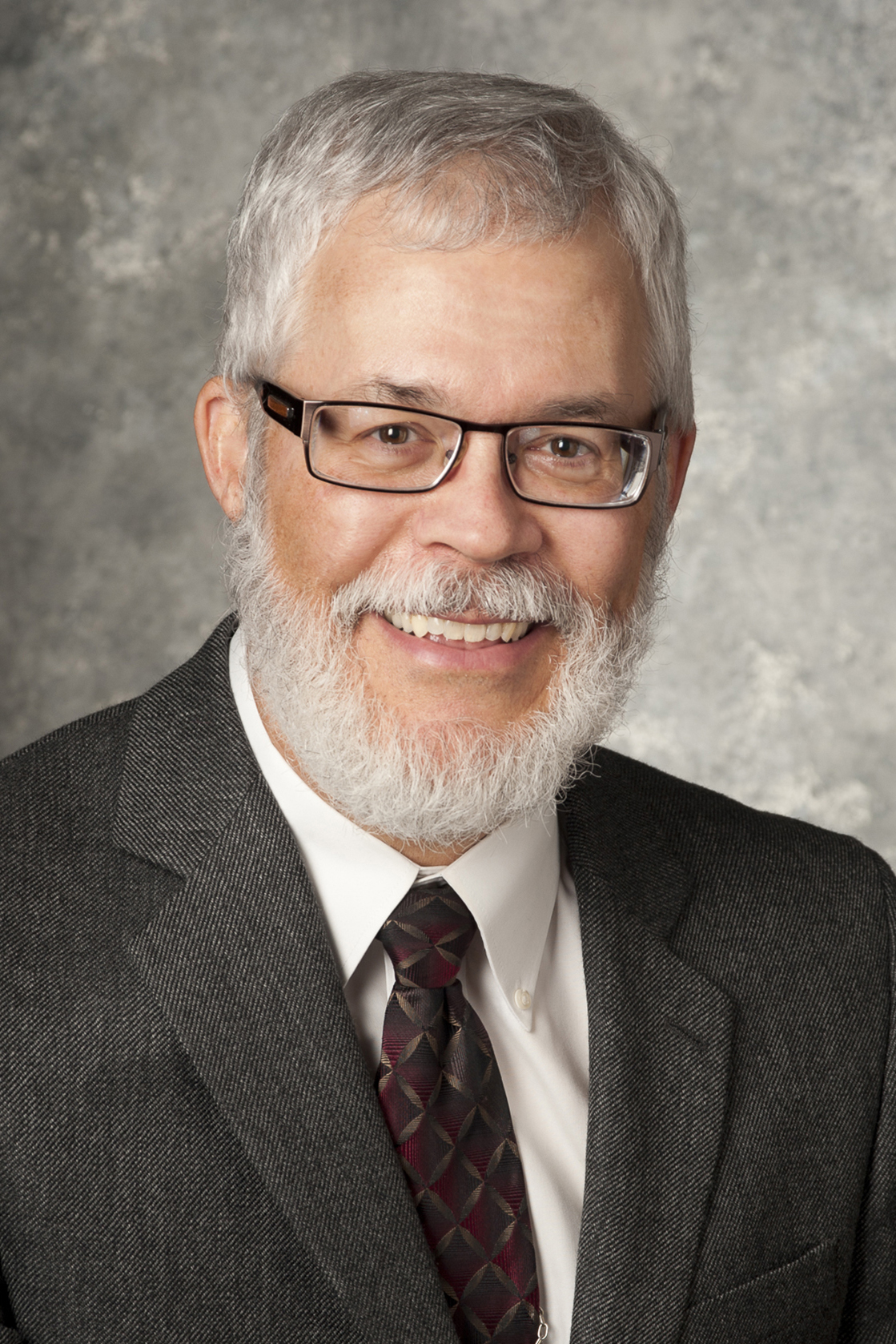

What happens when we are baptized, and when in a person’s journey should baptism occur?
For a longer response to these questions, I refer you to my booklets that address the meaning of baptism and the membership vows within The United Methodist Church. But, for the shorter answer, I can think of no better witness than I Corinthians 12:12, where Paul asserts, “… in the one Spirit we were all baptized into one body — Jews or Greeks, slaves or free — and were all made to drink of the one Spirit.”
Our “Service of the Baptismal Covenant I” witnesses to the same reality when it proclaims, “Through the Sacrament of Baptism we are initiated into Christ’s holy church … and given new birth through water and the Spirit” (United Methodist Hymnal, Page 33).
Notice the references to giving and gifts. Scripture and our ritual text insist that God is at work in baptism, placing us in the midst of the church where we practice the means of grace, that is, in a place where the Spirit dwells richly, sometimes in spite of ourselves.
Once baptism occurs, we belong to God and Christ’s Church forever, and, thus, we belong to each other, gifts from God given to each other. There is nothing we can do to change that fact. Among other things, that means that we’re called to love each other and care for each other, which implies listening when we agree and when we disagree. God being our helper, we take the risk of hanging out together long enough that we may actually learn to like each other.
As to when baptism should occur, I offer one of my favorite exam queries. It represents something of a third way between the sometimes-bitter arguments between Methodists, who have always baptized children, and our sisters and brothers who believe that only professing believers make proper baptismal candidates.
My question: In what ways are the following two statements correct? “The church only baptizes infants” and “The goal of every baptism is Christian discipleship.” How might the intentional juxtaposition of these two claims shape ritual practice?
As a matter of chronological age, the first statement is, of course, patently false.
From the beginning of our movement, Methodists have insisted on baptizing young children, and the commitment remains, even as a matter of church law (Discipline, Paragraph 226), but we also have baptized previously unbaptized youth and adults. My assertion about baptizing only infants speaks to a reality that transcends age.
Notice New Testament references to new birth, an image that John Wesley emphasized (see his sermon “The New Birth”). Through baptism, we believe that we are “born of water and spirit … from above (or anew)” (John 3:5-7). Note also the “born anew” language in I Peter 1:23, thought by some to be a baptismal reference.
Consider the implications of new-birth language for life in the church. Whenever a person is baptized, she/he is a newborn Christian, who, like a newborn infant, needs “the pure spiritual milk” (I Peter 2:2) offered by the means of grace and the guidance of experienced believers. Without such appropriate care, it is unlikely that the life of discipleship will take shape in the new Christian.
In like manner, if we take seriously the Great Commission “to make disciples of all nations” through baptism “teaching them to obey everything that (Jesus) has commanded” (Matthew 28:19-20), then that work is going to take time and patience.
The goal of baptism is expressed here, specifically that the one baptized become a mature disciple of Jesus Christ. That is the future that we are duty-bound to envision even when a 5-week-old child is brought to the font.
Our service expresses that hope when we say, “We will surround these persons … that they may grow in their trust of God and be found faithful in their service to others” (United Methodist Hymnal, Page 35). To use language that has become commonplace among us, at each baptism, United Methodists envision a sister or brother who, by grace, will participate with God in that flow of Living Water capable of transforming the world (Discipline, Paragraph 120).
There is no time better than today for us to get started on that work with the newly baptized, and for the long-since baptized, no time like today for rededicating ourselves to the task. And so, even with baptized preschool children, we should admit them to Holy Communion (as our ritual texts direct), in age-appropriate ways that include them in the thanksgiving and generosity of the Body of Christ. From the very beginning, we should include them in age-appropriate prayers through which they join the rest of the faithful in resisting sin and oppression and dreaming toward the reign of God (United Methodist Hymnal, Page 34).
And make no mistake, learning to share, living into the generosity rooted in God, is a form of resisting sin and evil. Five year-old Christians and 50-year-old Christians must continue learning that lesson.
Therefore, I am convinced that the best answer to the question is we should make newborn Christians of all ages, by the grace of God incorporating them into the lifelong work of the Baptismal Covenant — discipleship and the making of disciples for the transformation of the world.
Stamm is professor of Christian Worship at Perkins School of Theology.
"Many Voices, One Faith” is a forum for sharing theological perspectives on topics of interest in The United Methodist Church. The forum is designed to put the voices of the church in conversation with one another and build understanding of what it means to be United Methodist today. Read more commentaries.
Like what you're reading? Support the ministry of UM News! Your support ensures the latest denominational news, dynamic stories and informative articles will continue to connect our global community. Make a tax-deductible donation at ResourceUMC.org/GiveUMCom.



